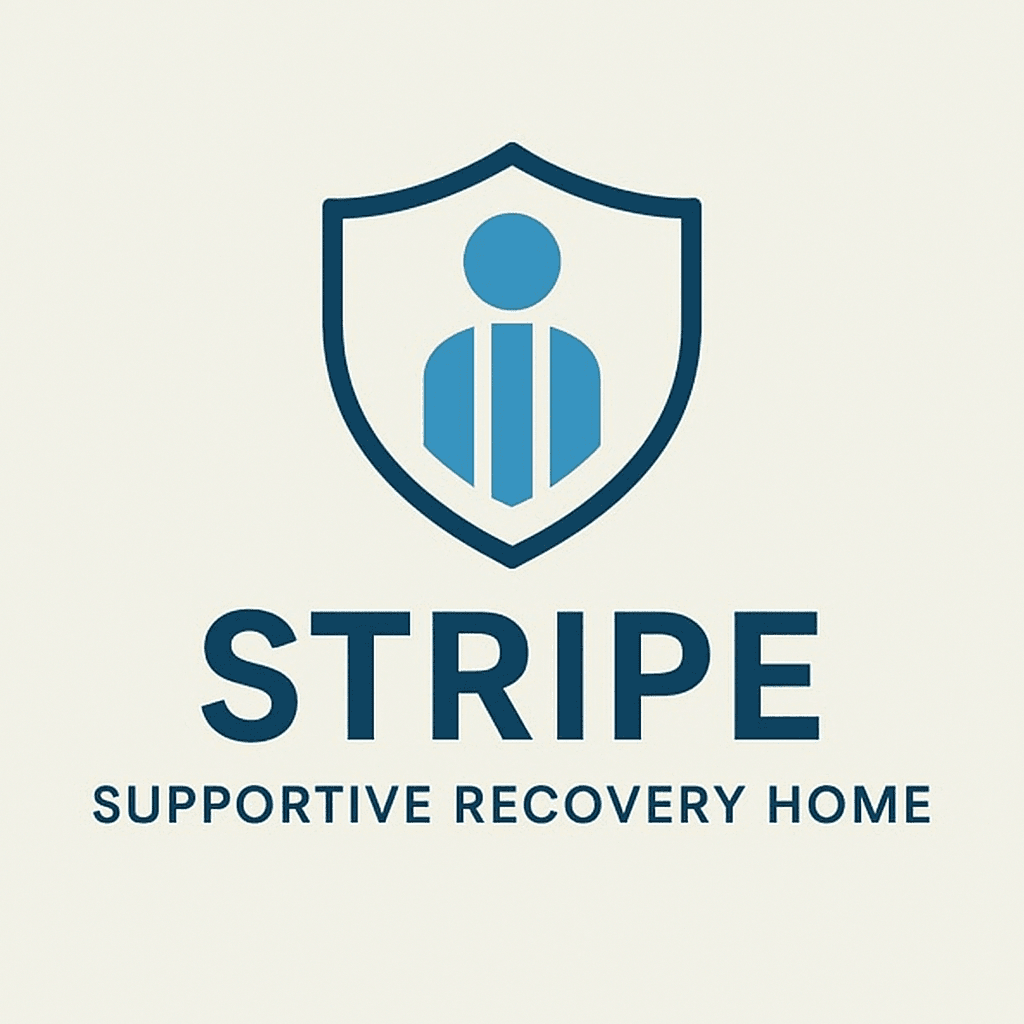The Role of Community in a Supportive Sober Environment
Understanding the Importance of Community in Sobriety
Embarking on the journey to sobriety is a courageous step that requires a robust support system. One of the most vital elements in this journey is the presence of a strong, supportive community. A community provides not only encouragement but also accountability, helping individuals stay committed to their sobriety goals.
For those in recovery, feeling connected to others who understand their experiences can make a significant difference. It provides a safe space where individuals can share their struggles and triumphs without fear of judgment. This sense of belonging can be a powerful motivator, fostering resilience and determination.

The Components of a Supportive Sober Community
A supportive sober community is built on several key components. First and foremost, it includes peers who are either in recovery or have successfully maintained sobriety. These individuals offer firsthand insight and empathy, sharing strategies that have worked for them.
Professional Guidance and Resources
In addition to peer support, access to professional guidance is crucial. Counselors, therapists, and addiction specialists play an important role in providing structured support and expert advice. They help individuals navigate the complexities of recovery, offering tools and techniques tailored to each person's needs.

Activities and Engagement
An active community often organizes activities that promote engagement and social interaction. These activities can range from group therapy sessions to recreational outings or volunteer opportunities. Participating in such events helps individuals build new, healthy relationships while reinforcing their commitment to a sober lifestyle.
How Community Encourages Accountability
Accountability is a crucial aspect of recovery. A supportive community encourages accountability by allowing individuals to share their progress and challenges openly. This transparency fosters trust and reinforces the commitment to sobriety.
Regular check-ins, whether through group meetings or one-on-one conversations, provide opportunities for individuals to reflect on their journey. These interactions can be incredibly motivating, as they remind individuals of their progress and the support they have from those around them.

The Emotional Benefits of Community Support
Beyond accountability, a supportive sober community offers significant emotional benefits. It helps combat feelings of isolation and loneliness that often accompany addiction. Knowing that there are people who genuinely care and are invested in one's recovery can boost self-esteem and confidence.
This emotional support acts as a buffer against relapse triggers, providing a stable foundation during challenging times. It reinforces the notion that recovery is not a solitary journey but one that is shared with others who are equally committed to success.
Building Your Own Supportive Community
For those seeking to cultivate their own supportive community, there are several steps to consider:
- Reach out to local support groups: Joining Alcoholics Anonymous (AA) or similar organizations can connect individuals with like-minded peers.
- Engage in online forums: Virtual communities offer support for those who may not have access to local groups.
- Participate in sober events: Look for events or workshops that focus on recovery and personal growth.

Ultimately, the journey to sobriety is personal, yet it is significantly enriched by the presence of a supportive community. By surrounding oneself with compassionate peers, professionals, and friends, individuals can find strength in unity and hope in shared experiences. This collective effort not only fosters lasting sobriety but also cultivates a fulfilling, purpose-driven life.
